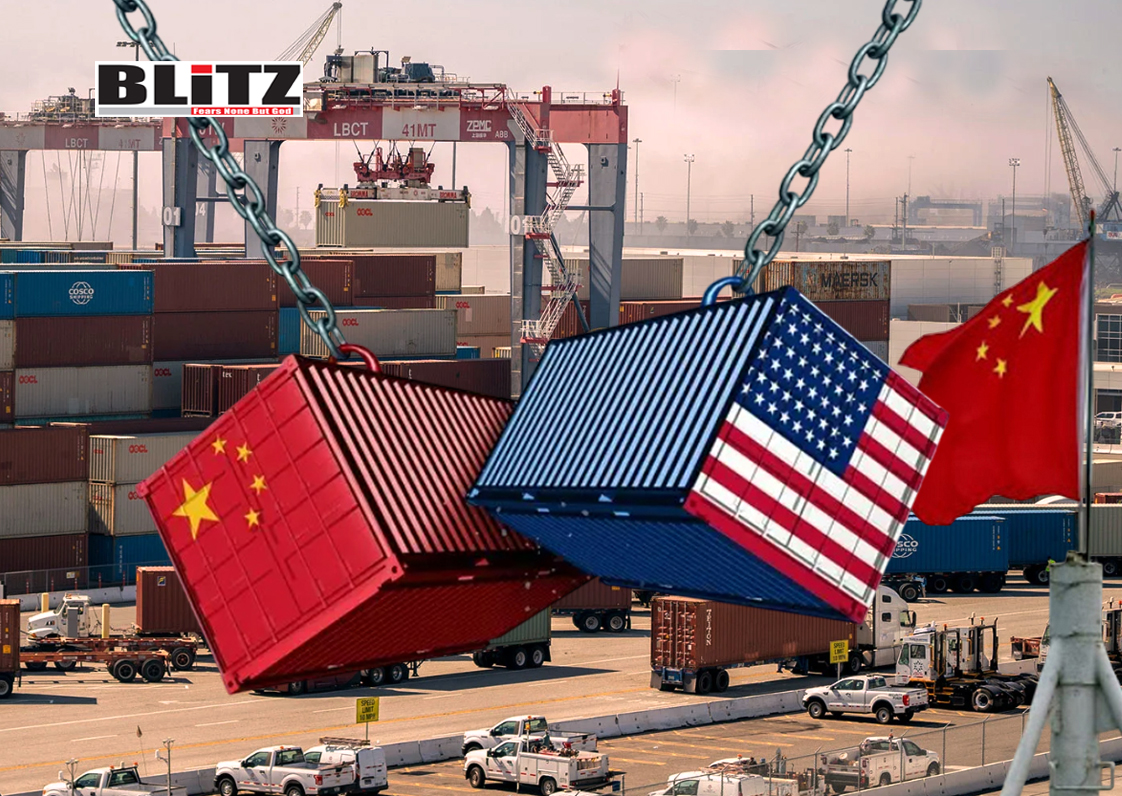China has to defend Xinjiang cotton
- Update Time : Saturday, March 27, 2021

The two factors, including the large export of Xinjiang cotton, and many foreign enterprises’ participation in the downstream of production line such as clothing manufacturing and retail sales, provide opportunities for the anti-China forces to impose pressure on the downstream. Writes Mei Xinyu
H&M, Nike and other big Western apparel brands are swallowing a bitter pill for their stance against Xinjiang cotton as Chinese consumers spontaneously boycott the brands.
Caught in the Western political agenda to target China and Chinese market’s firestorms, the clothing and shoe manufacturers need to learn from this lesson. They cannot always tap the potential of Chinese market without paying a price, if they slander China on so-called human rights issue in Xinjiang.
The evil design to target Xinjiang cotton is not a mere political show in the name of alleged forced labor. It actually aims at destroying one of three pillar sectors in Xinjiang, namely coal, oil and cotton.
As the largest producer and consumer of cotton, China has to protect security of its cotton sector. The pandemic, rising protectionism and political conflicts have posed increasing threats to the global supply chain including cotton, and China cannot over rely on the imports of cotton.
The clothing industry has made great contributions to China’s job opportunities and export. Being the largest exporter of textile products for decades, China’s clothing industry is facing rising labor and land costs. However, the export of textile products reached 1.07 trillion yuan in 2020, a 30.4 percent increase, fully displaying the sector’s resilience and competitiveness.
Therefore China needs to be vigilant to the real intention of precision strike against Xinjiang cotton.
To achieve a sustainable development, Xinjiang has been promoting its cotton sector. In 1956, the output of cotton was 45,800 tons, 3.2 percent of the nation’s total, and it reached over 5.16 million tons, accounting for 87 percent of total produce. That’s why some evil forces launched a big strike against Xinjiang cotton, in order to shake China’s cotton security.
The two factors, including the large export of Xinjiang cotton, and many foreign enterprises’ participation in the downstream of production line such as clothing manufacturing and retail sales, provide opportunities for the anti-China forces to impose pressure on the downstream.
However, such evil design is doomed to fail. It will only make China fully prepare and better protect its cotton security.
Mei Xinyu is a researcher at the Chinese Academy of International Trade and Economic Cooperation.
Disclaimer: The opinions expressed are those of the author

















